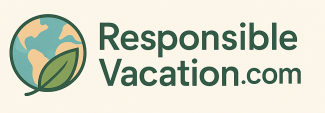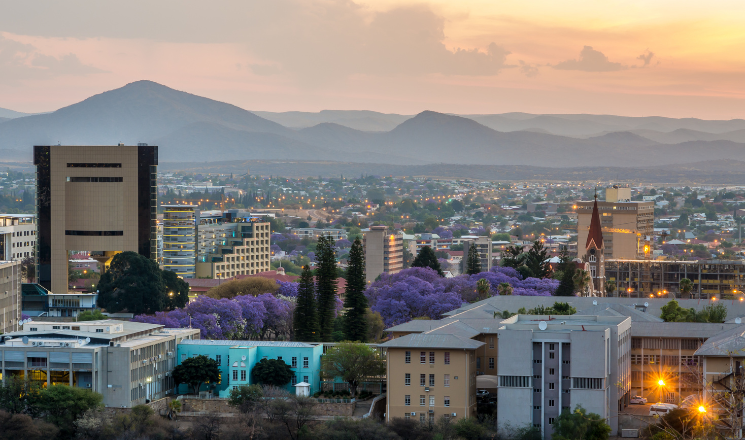When you imagine an African safari, you might picture lions roaring, elephants marching across dusty plains, and cameras snapping away. But what if your safari didn’t just thrill your soul—it helped the planet too? Welcome to sustainable safari adventures in Windhoek, Namibia, where every step you take supports wildlife, communities, and the environment.
In this blog, we’ll guide you through eco-friendly safaris, wildlife sanctuaries, and green lodging options—all nestled around Windhoek. Whether you’re a first-time visitor or a seasoned explorer, you’ll find this experience both exciting and meaningful.
Why Choose Sustainable Safari Adventures in Namibia?
So, what does sustainable really mean when it comes to safaris?
To put it simply, sustainable safari adventures focus on minimizing environmental harm, supporting local communities, and preserving animal habitats. Instead of just observing, you become part of a system that protects the very wonders you’ve come to see.
And if you’re wondering where to start, Windhoek—the heart of Namibia—is the perfect place. It’s not only a convenient launchpad for adventures but also home to some of Africa’s most eco-conscious travel experiences.
Windhoek: Start of Eco Safari Adventures
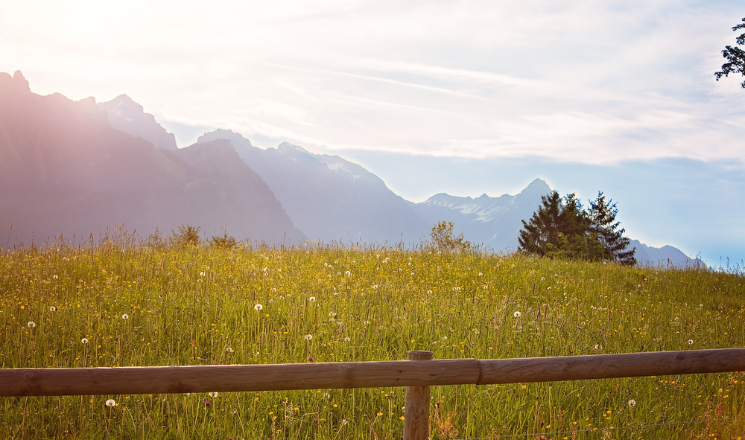
Though it’s the capital city, Windhoek is surprisingly close to some of Namibia’s most breathtaking natural landscapes. Because it’s centrally located, it offers easy access to game reserves and eco-lodges without requiring long travel times.
Moreover, many operators in and around Windhoek have embraced sustainability. As a result, your trip can be both impactful and enjoyable.
Best Places for Sustainable Safari Adventures Near Windhoek
There are plenty of options if you’re seeking ethical wildlife experiences. These locations not only allow you to see animals up close but also work actively to protect them.
N/a’an ku sê Sanctuary for Responsible Safaris
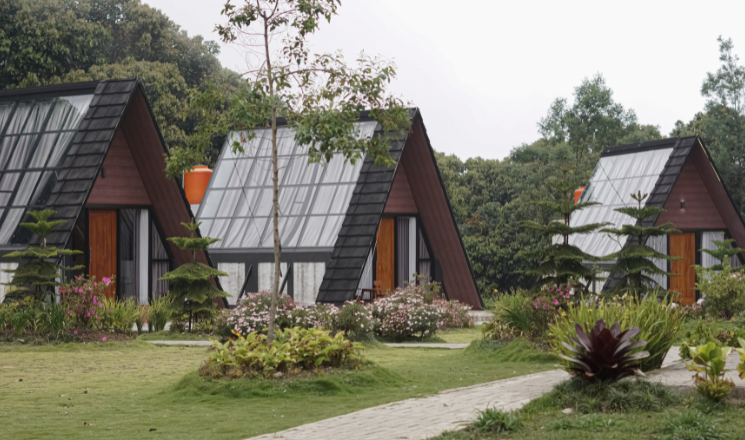
Only 30 minutes from Windhoek, N/a’an ku sê is a shining example of responsible tourism. The sanctuary rescues orphaned or injured animals, aiming to release them back into the wild whenever possible.
Because of its strong conservation model, your visit helps fund rehabilitation programs. In addition, the eco-lodge here runs on solar power and greywater systems. You’ll enjoy luxury with a light footprint.
Daan Viljoen’s Low-Impact Safari Trails
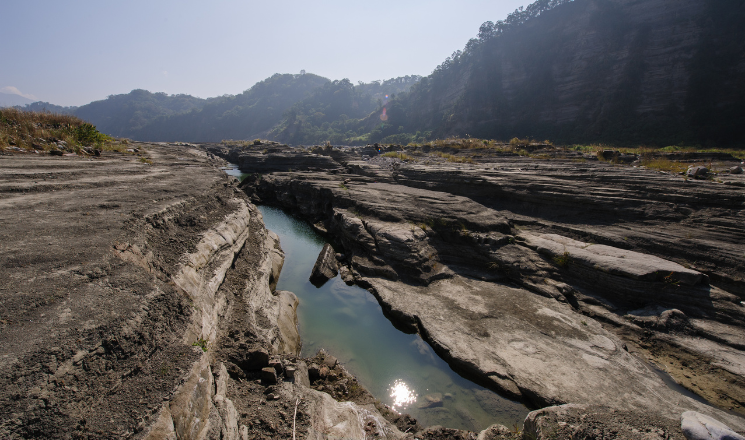
Located just 20 km from Windhoek, Daan Viljoen Game Reserve offers peaceful hiking trails and self-guided safaris. Since motor vehicles are limited, walking is encouraged—which naturally reduces carbon emissions.
During your strolls, you might spot giraffes, zebras, or kudu. Besides being eco-friendly, the experience is refreshingly intimate, allowing you to connect deeply with nature.
Naankuse Project and Cultural Safari Tours
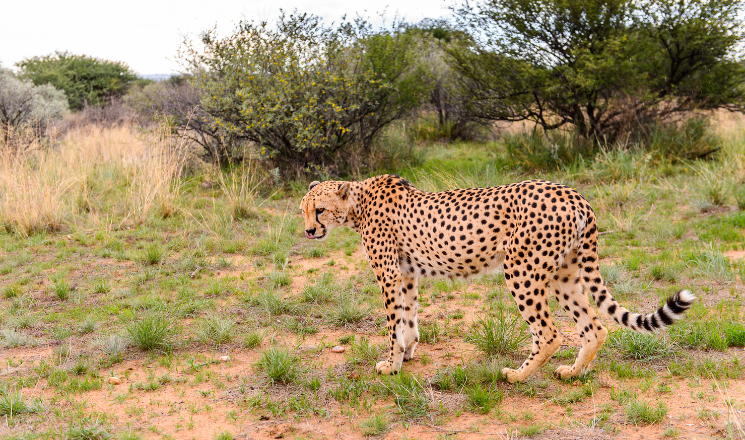
A standout among sustainable safari experiences, the Naankuse Project focuses on wildlife and cultural heritage. Here, you can go on cheetah tracking expeditions or learn survival techniques from the San people.
More importantly, this project supports local employment and education. When you stay or tour here, you’re investing in Namibia’s future—human and animal alike.
Stay Green on Eco Safari Lodges
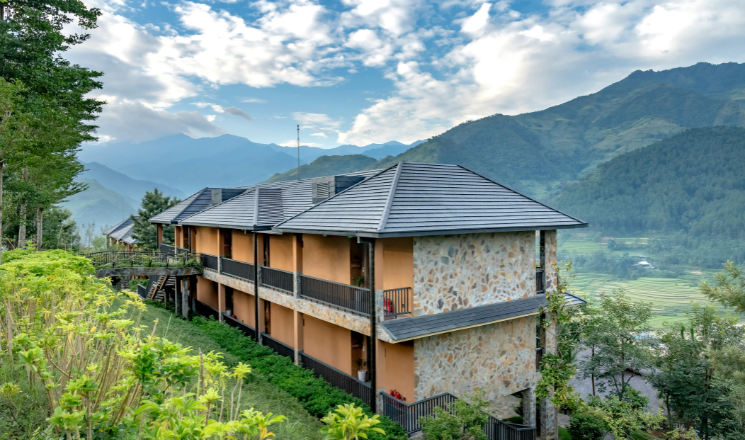
The way you sleep matters almost as much as where you explore. Thankfully, Windhoek offers eco-lodges that blend style and sustainability seamlessly.
Olive Grove: Earth-Friendly Safari Stay
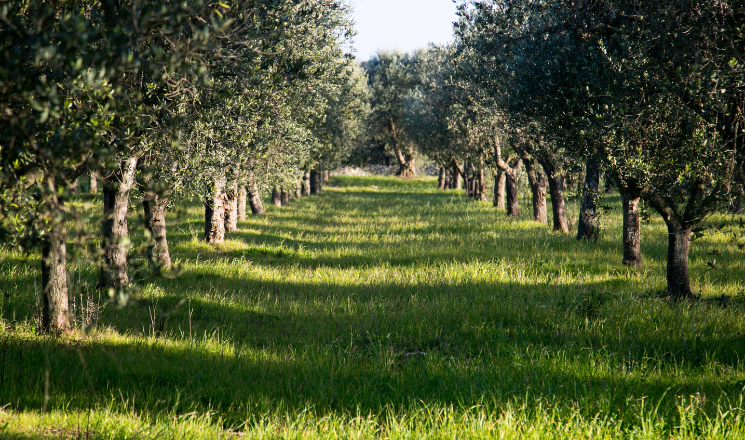
Nestled in the city, Olive Grove Guesthouse is known for its warm ambiance and eco-conscious practices. From energy-efficient lighting to locally sourced food, everything is designed to reduce impact without compromising comfort.
Omaanda Lodge: Luxury Eco Safari Escape
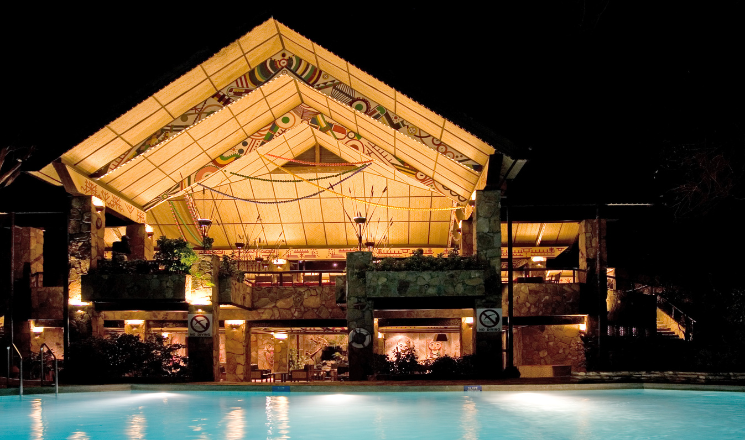
Located in a nearby private reserve, Omaanda offers stylish villas with traditional thatched roofs. Besides banning single-use plastics, the lodge actively supports wildlife conservation through its partnerships with local NGOs.
Traveling Green: How You Can Make a Difference
Of course, even the most ethical tour operators need your help. With just a little thought, your trip can go from sustainable to superb.
1. Pack Right for Eco Safari Trips

Instead of filling your suitcase with disposables, opt for reusable water bottles, biodegradable wipes, and reef-safe sunscreen. These small swaps make a big difference.
2. Select Responsible Safari Operators

Always book with companies that prioritize the environment. Look for operators affiliated with The Global Sustainable Tourism Council (GSTC) or EcoAwards Namibia. These badges mean they walk the talk.
3. Respect Wildlife and Guidelines

Maintain distance from animals, follow your guide’s advice, and never touch or feed wildlife. Not only is it safer, but it also ensures animals stay wild.
4. Wildlife Etiquette During Safari Adventures
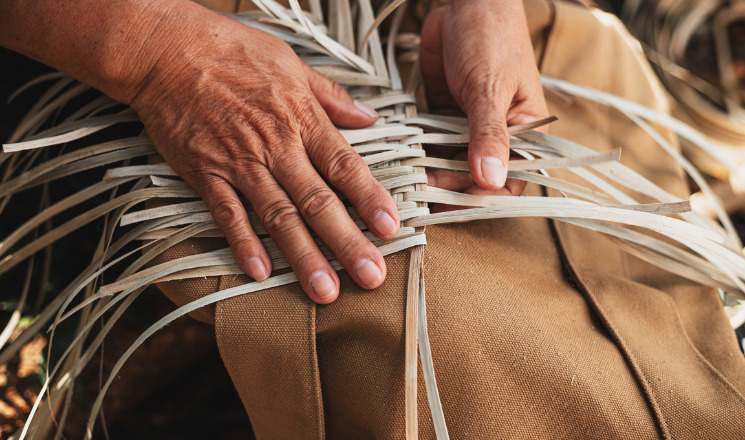
Whenever you can, buy handmade crafts, dine at locally owned spots, and tip your guides well. This way, tourism dollars stay where they’re most needed.
Wildlife You Might Encounter on a Sustainable Safari
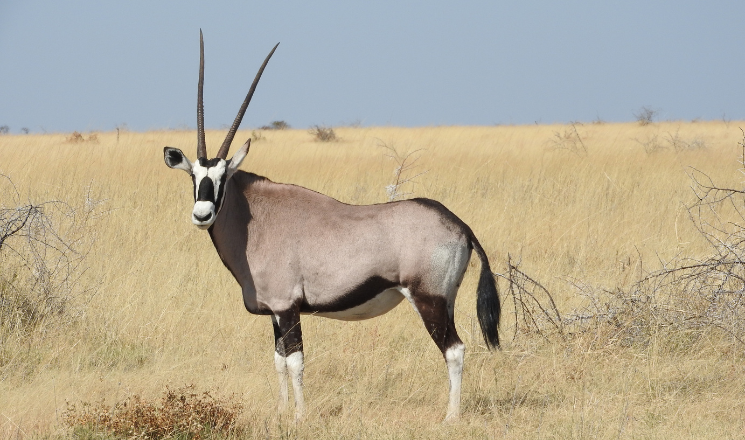
Namibia is teeming with unique species, many of which can be seen just outside Windhoek. Because of ongoing conservation work, these animals are thriving.
Look out for:
- Cheetahs – Fast and endangered, often seen at sanctuaries.
- Giraffes – Graceful giants common in nearby reserves.
- Oryx and Springbok – Namibia’s national animals.
- Meerkats and Jackals – Cute, clever, and camera-ready.
- Birdlife – From eagles to flamingos, birders will be thrilled.
Each sighting becomes even more special when you know your presence is helping protect their home.
Cultural Connections in Sustainable Safari Adventures
One of the most enriching parts of sustainable travel is the cultural connection. In Windhoek and its surroundings, you’ll meet people who’ve lived in harmony with nature for generations.
Participate in guided heritage tours, storytelling sessions, or bushwalks with Indigenous guides. These experiences offer insights that go far beyond what you’ll find in a brochure.
By taking part, you not only learn—you also help preserve traditions that are at risk of being lost.
Helpful Tools for Planning Your Eco Safari in Namibia
Want to be a smart, sustainable traveler? These apps and platforms can make your planning a breeze:
- iNaturalist – Great for wildlife ID and recording your sightings.
- Tracks4Africa – Ideal for navigating Namibia’s backroads.
- Wildlife ACT – Offers project info and volunteer options.
- Google Maps Offline – Essential when signal is low in remote areas.
Using these tools keeps you informed and safe while boosting your overall experience.
Final Thoughts: Why This Safari Adventure Matters
In the end, it’s not just about spotting animals or relaxing at a luxury lodge. Choosing sustainable safari adventures in Windhoek, Namibia turns your trip into something more meaningful.
You’re not just a tourist—you’re a partner in conservation, a supporter of local culture, and a guardian of our planet’s wild beauty.
So, the next time you pack your bags, think beyond the bucket list. Think about the legacy you leave behind. After all, the best adventures are those that give back.
